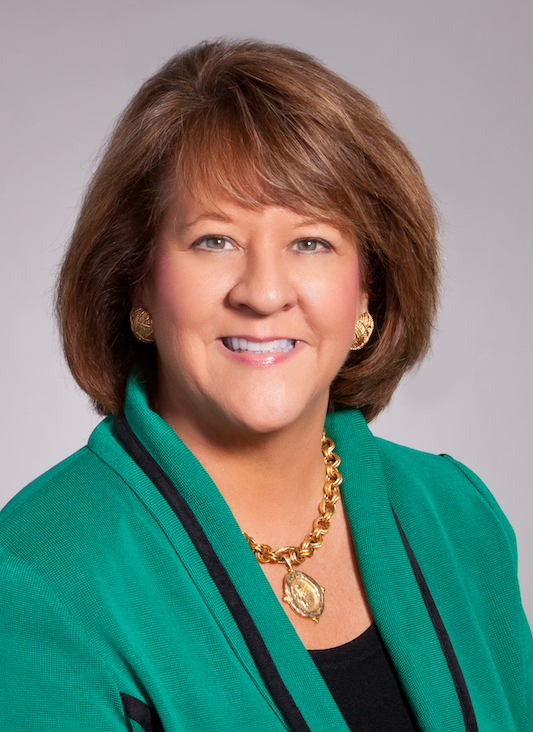Lessons Learned Through Disruption
The President’s Column
 A few years ago, an adviser suggested higher education needed to engage in “intentional disruption,” a business buzzword meaning to turn everything – budgets, personnel, standard operating procedures, etc. – upside down and reimagine the whole educational enterprise.
A few years ago, an adviser suggested higher education needed to engage in “intentional disruption,” a business buzzword meaning to turn everything – budgets, personnel, standard operating procedures, etc. – upside down and reimagine the whole educational enterprise.
I remember thinking that considering we are dealing primarily with 18-22 year olds, we typically do all we can to prevent disruption. After all, disruption on a college campus is rarely a good thing, evidenced by the recent disruptions we have seen in higher education: program and college closings, financial losses, enrollment drops, new regulatory restrictions and oversight, and more. Of course, positive disruptions have also occurred: revisions of curricula, reorganization of departments and programs to meet contemporary learning/career opportunities, fund-raising to support scholarships and staff development, a renewed call for advocacy, and more attention to the health and well-being of our students and employees.
So how do we chronicle the disruption that has been the COVID-19 pandemic thus far? It may help to categorize some of the upheavals even as we acknowledge they are not cleanly separable. After all, the diminished number of students on campus affected dining and residence life, but also affected security, budgets, and health services. One of our first exercises in ongoing planning and de-briefing from the pandemic has been to identify the overlaps, looking to find any single area that was untouched and then in what ways all areas were touched.
In many ways, today’s disruptions are not all that different from prior disruptive conflicts over our bodies, our evidence, our belief systems, and calls to action. Whether wading through the data from conflicting experts, tuning in to social media to provide good versus bad and even dangerous information, or representing our beliefs through letters, protests, op-eds, or gifts, the primary difference seems to be the level of civility with which we operate.
In all, disruptions of any kind provide opportunities to learn. My hope is we will recognize that the primary lesson people learn from incivility is incivility. It seems to be no better time to wish each other wisdom, good health, kindness, and peace.
President Jo Allen, ’80
